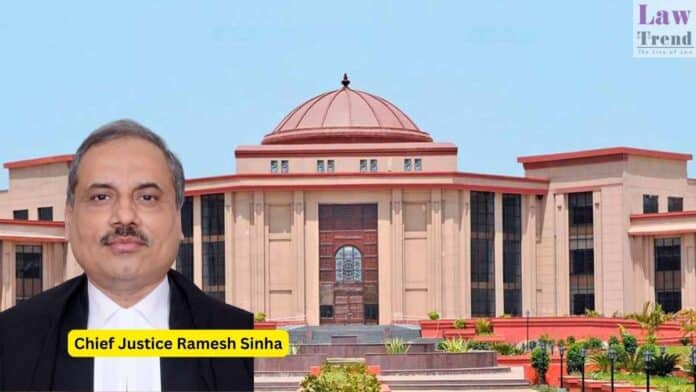In a judgment delivered by Chief Justice Ramesh Sinha, the Chhattisgarh High Court has reaffirmed that the testimony of a hostile witness need not be discarded in its entirety. If such testimony is corroborated by reliable medical or scientific evidence, or if portions of it inspire confidence, the Court may rely on it. Dismissing a
To Read More Please Subscribe to VIP Membership for Unlimited Access to All the Articles, Download Available Copies of Judgments/Order, Acess to Central/State Bare Acts, Advertisement Free Content, Access to More than 4000 Legal Drafts( Readymade Editable Formats of Suits, Petitions, Writs, Legal Notices, Divorce Petitions, 138 Notices, Bail Applications etc.) in Hindi and English.




